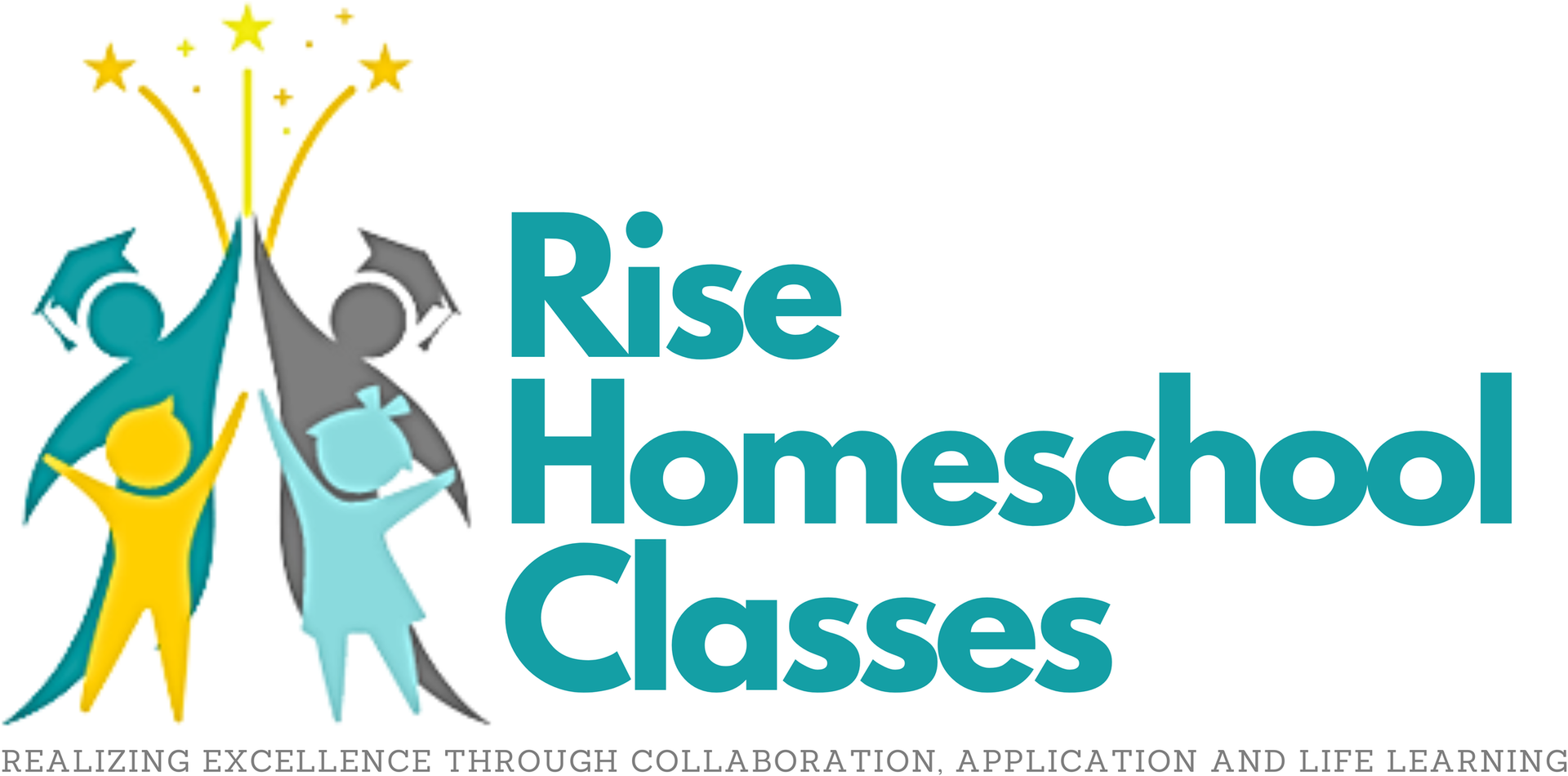As more families explore alternatives to traditional education, homeschooling has emerged as a powerful, flexible option—especially for working parents looking for a more personalized, values-driven learning experience for their children.
But as with any major educational decision, it’s important to ask the right questions.
At Rise, we work closely with families across all walks of life—especially single, working moms—helping them determine if homeschooling aligns with their child’s needs, learning style, and long-term goals. If you're considering this path, here are 10 essential questions to help guide your decision.
1. What kind of learning environment does my child thrive in?
Does your child feel energized by quiet, focused settings or distracted in busy classrooms? Homeschooling allows for customization—so children who need more structure, calm, or freedom to explore at their own pace often flourish.
Ask yourself: Would my child benefit from learning in a more personalized, flexible environment?
But as with any major educational decision, it’s important to ask the right questions.
At Rise, we work closely with families across all walks of life—especially single, working moms—helping them determine if homeschooling aligns with their child’s needs, learning style, and long-term goals. If you're considering this path, here are 10 essential questions to help guide your decision.
1. What kind of learning environment does my child thrive in?
Does your child feel energized by quiet, focused settings or distracted in busy classrooms? Homeschooling allows for customization—so children who need more structure, calm, or freedom to explore at their own pace often flourish.
Ask yourself: Would my child benefit from learning in a more personalized, flexible environment?


